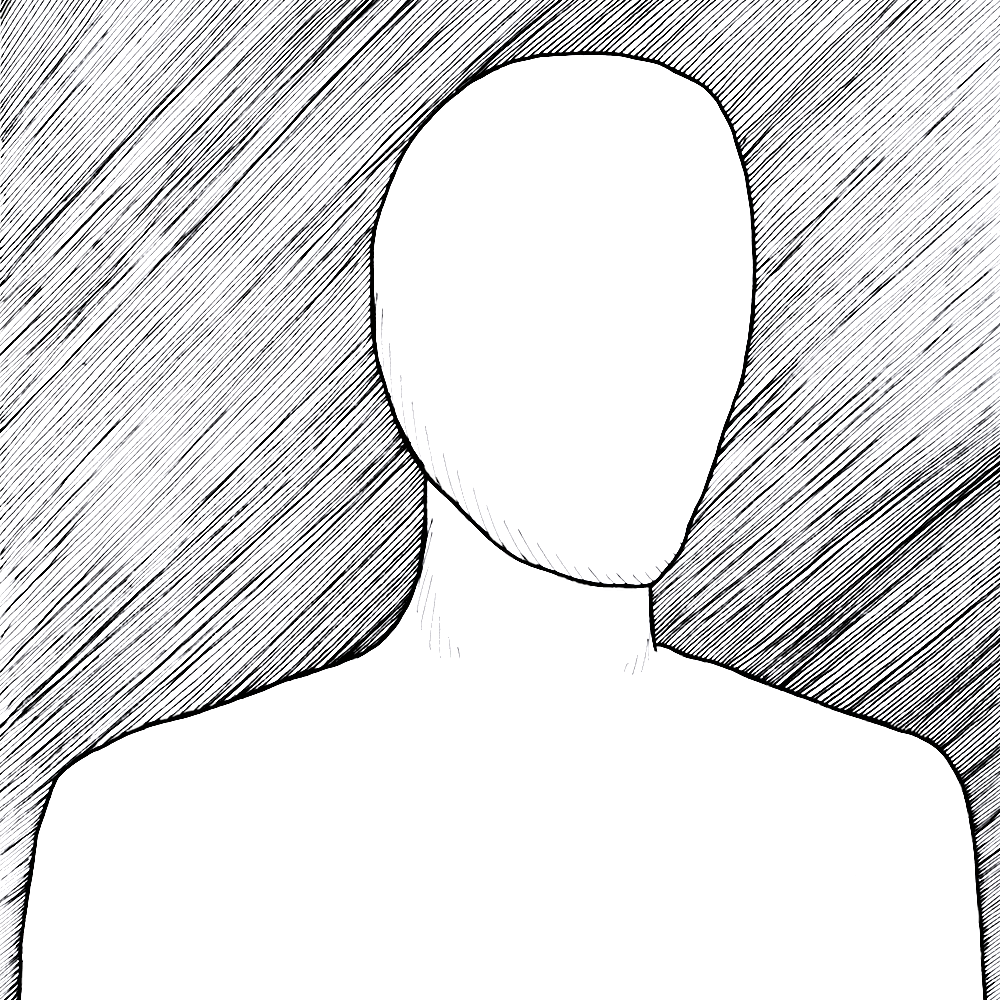
Henry Parker on Parliament’s role in limiting the power of Kings (1642)
Found in: Tracts on Liberty by the Levellers and their Critics Vol. 1 (1638-1643)
The English lawyer and pamphleteer Henry Parker (1604-1652) justified the taking up of arms against Charles I’s “unbounded & unconditionate royalty” because Parliament ruled with the consent of the people and acted as a “guard against the guardians”:
Presidents, Kings, Tyrants, & Despots
It was soon therefore provided that lawes agreeable to the dictates of reason should be ratified by common consent, and that the execution and interpretation of those Lawes should be intrusted to some magistrate, for the preventing of common injuries betwixt Subject and Subject, but when it after appeared that man was yet subject to unnaturall destruction, by the Tyranny of intrusted magistrates, a mischiefe almost as fatall as to be without all magistracie, how to provide a wholsome remedy therefore, was not so easie to be invented. ’T was not difficult to invent Lawes, for the limitting of supreme governors, but to invent how those Lawes should be executed or by whom interpreted, was almost impossible, nam quis custodiat ipsos custodes.